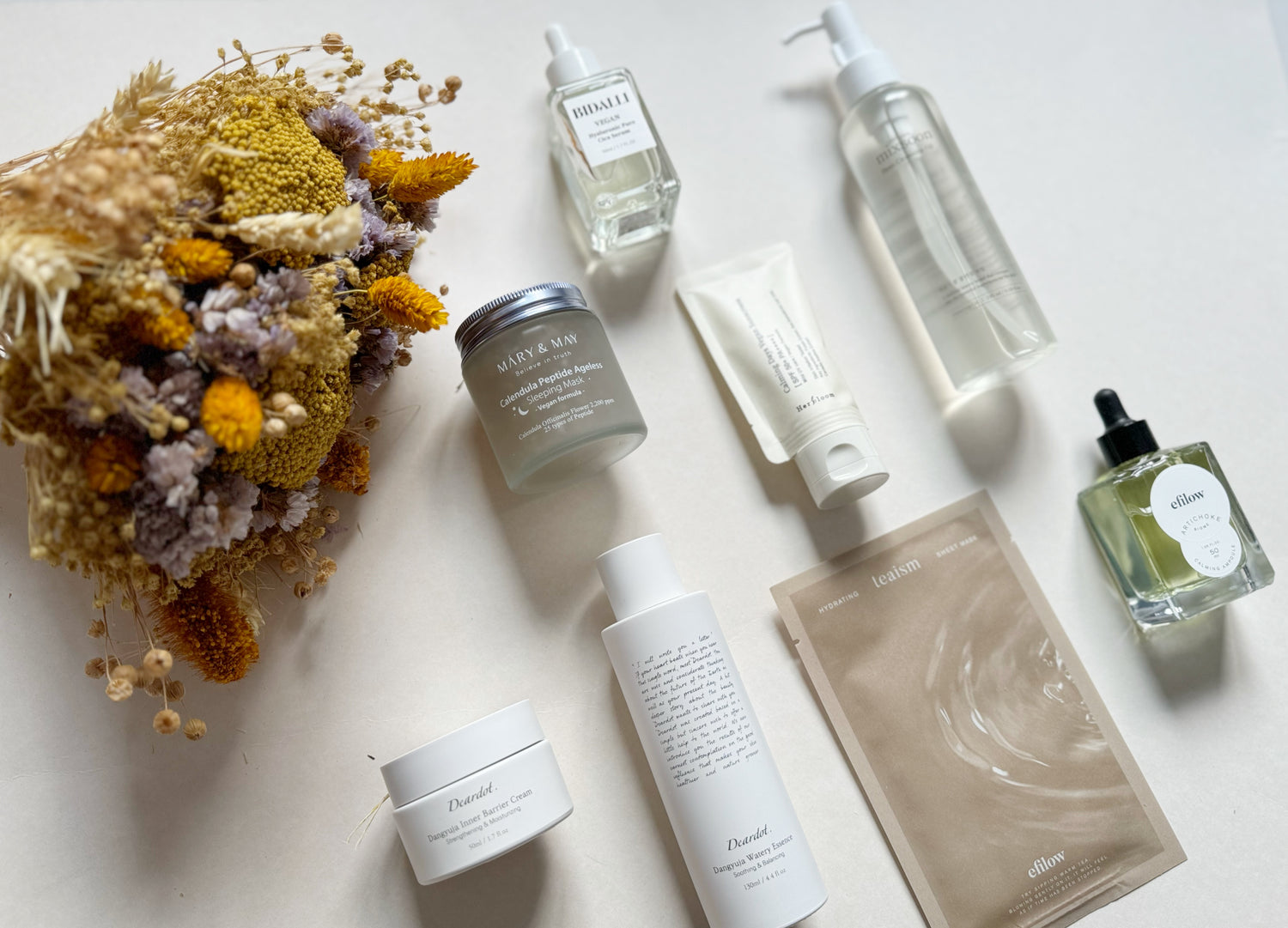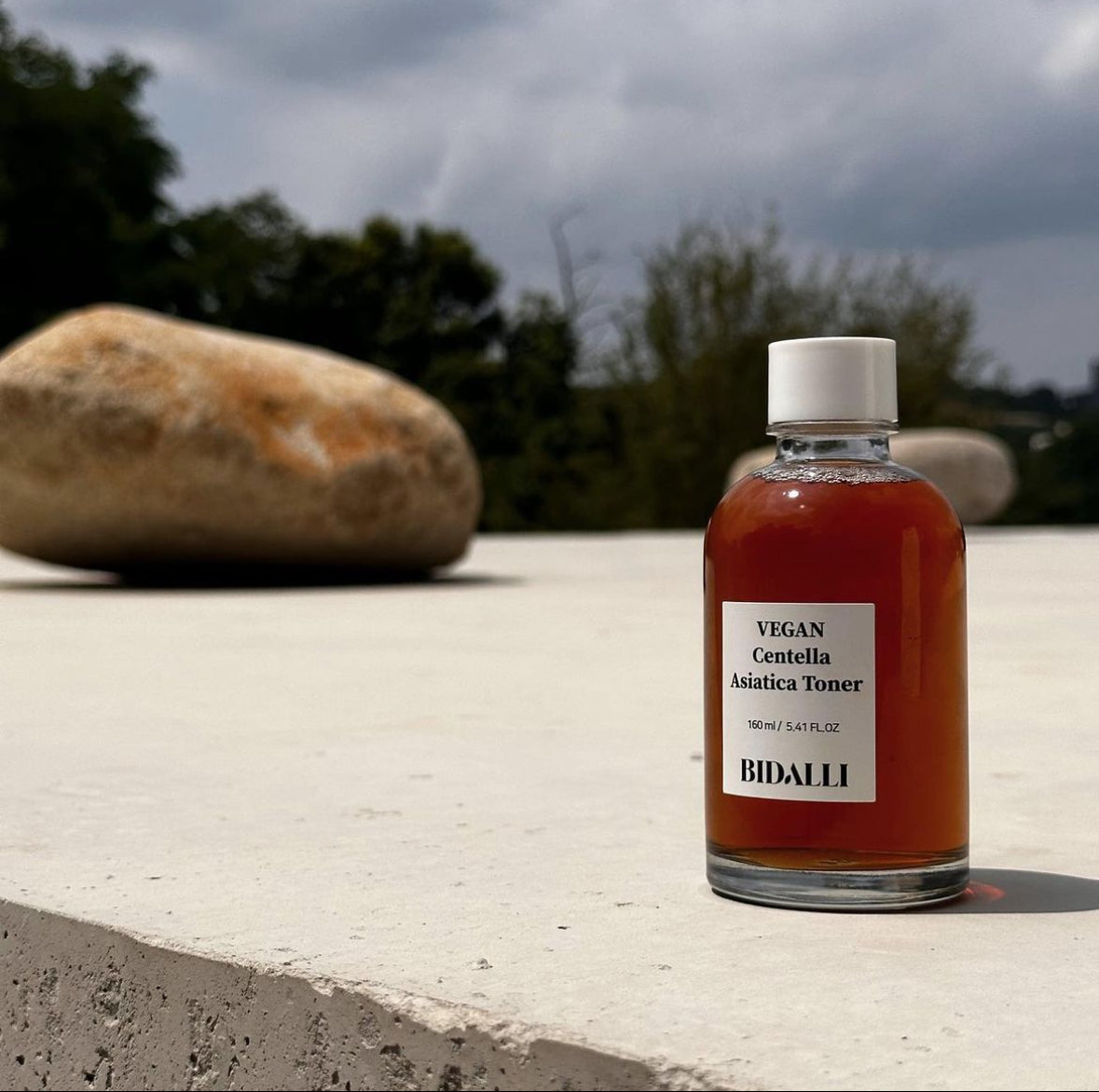Hi Katharina, first we would like to thank you for taking the time for this interview. Can you briefly introduce yourself and tell us about your background?
Hi, thanks for having me! I'm Katharina and I currently live in Germany. In 2020, when I was still living in the Netherlands, I founded Work That Period and since then I have been working as a consultant for period-friendly workplaces.
Why did you start Work That Period and what is the message you want to convey to people?
Just before I founded Work That Period, I have been affected by a premenstrual disorder at work. That was a very new experience for me and at first, I felt very alone and didn’t talk to anyone about it. After doing some digging into the scientific research, I realised that this is a problem that doesn’t only affect me. At the same time, not much is done about it, and the whole topic of the menstrual cycle remains a taboo at most workplaces. That's exactly what I want to change!
You've been doing this for a while now and have already worked with a number of companies. Can you tell us more about the Work That Period approach?
The companies I have worked with tend to be quite progressive and care about the well-being and satisfaction of their employees. Unfortunately, this is not (yet) the norm. Usually, I help diversity management teams and HR managers to incorporate the needs of their menstruating employees into their diversity strategy. Sometimes I also give workshops to employees, because there is still a lot of misinformation and stigmatisation. I believe that everyone should have a basic understanding of what the menstrual cycle is and how it can affect people at work.
When it comes to the menstrual cycle and hormones, what is it that many women struggle with?
I think the biggest problem is the lack of information. Often women don't know that they could be affected by a menstrual issue, because as stigmatised as this topic is, some symptoms like severe period pains are normalised and seen as "part of being a woman". This perception can be very dangerous and leaves many women suffer in silence.
That's why it's important to know what's going on in our bodies and talk to professionals when symptoms occur that affect daily life and work.
Why are our hormones important and what can we do to keep them balanced?
Our hormone system is very complex and cannot be isolated from other processes in our body. They are connected to our mood, sleep and overall health. Yet we tend to treat hormone problems like a nuisance and try to cover them up.
There are a number of ways in which our hormonal balance can be disrupted and it is important to understand that our diet, lifestyle and exposure to stress or chemical products can have a negative impact on it. Cosmetics also play a role here, given that these are substances that we normally apply directly to our skin on a daily basis.
At Coos Cosmetics, we provide Korean skincare products containing clean, skin-friendly ingredients without disrupting hormones. Can you explain what impact products containing toxic ingredients can have?
Some people are very sensitive to products that contain endocrine disruptors. Endocrine disruptors are ingredients that interfere with our natural hormones, which can have a negative effect on our hormonal balance. This can lead to all kinds of problems related to the menstrual cycle and affect our mood, sleep and fertility.
Since many of these ingredients are still allowed in most countries, the consumer needs to be aware of this and find out which products are safe to use.
Can you tell us more about the endocrine system?
I am not an expert when it comes to our endocrine system, but one factor that has been shown to have a big impact on it is stress. Nowadays, stress seems to be something that is difficult to avoid, but the one thing we can try to minimise are microstressors.
Microstressors are short-term events that cause discomfort, worry or anger. These can include the typical everyday annoyances, such as a traffic jam on the way to work, a forgotten wallet or an unpleasant conversation with a colleague.
The release of stress hormones from even seemingly insignificant events leads to an almost constant state of stress and signals to our body that we are in danger. During such a state, our body tends to prioritise other functions rather than focusing on reproduction, which is why some people who are experiencing high levels of stress stop ovulating. Missing periods can be one sign that the stress level is too high and should be taken as a warning signal.
It is impossible to avoid microstressors altogether, but a more mindful approach to social media, news and work-related emails is a good first step to reducing them.
Are there any other tips you can share with other women out there to achieve happy hormones before we end this interview?
My advice is to find out what works for you and your cycle. Listening to our bodies and finding ways to relax sounds easier than it is, of course, but with a little patience we can learn to pay attention to our needs and communicate them to others.
I am also a big fan of herbal teas (like lady's mantle or raspberry leaf tea) that support our hormonal balance. These are usually affordable and easy to incorporate into our self-care routine. Another way to invest in our bodies is to spend a little more on quality products and, if possible, organic and wholesome food.
If you’re interested to learn more about period-friendly working, please visit Katharina’s website www.workthatperiod.de.






1 comment
Such an important subject! So thank you so much for explaining and giving so many details on how to better deal with our periods. I love the tips!